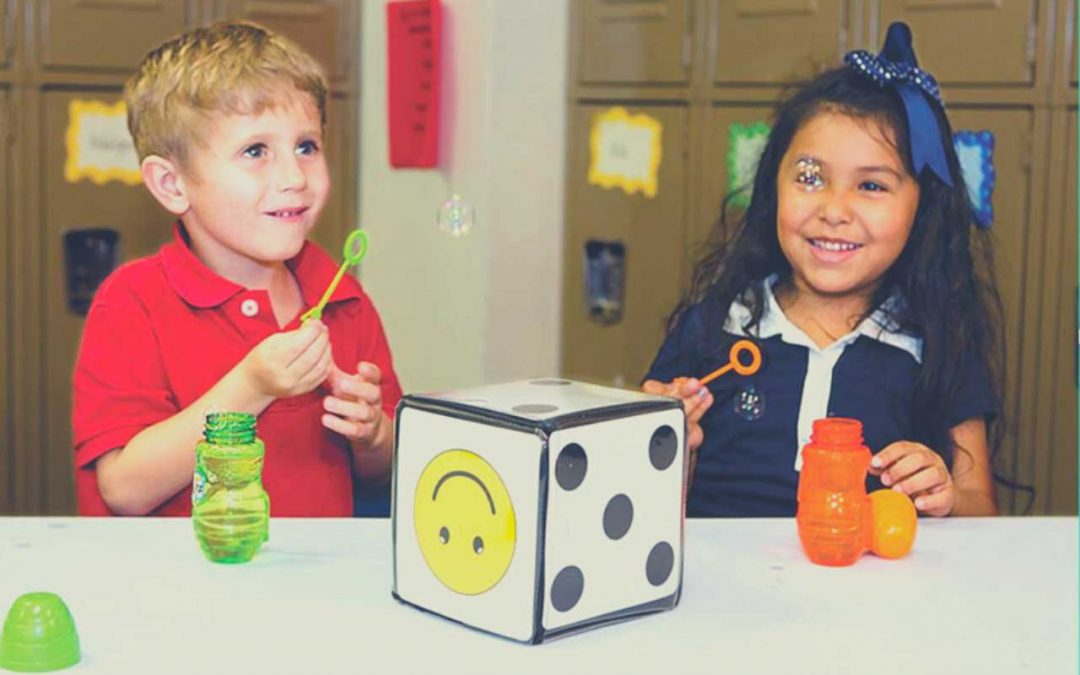Do you find your child constantly complains about hating mathematics? You may be surprised to find out that the issue with mathematics often goes beyond simply disliking fractions or long division. Some students associate math with the fear of failure or displeasing their parents. This leads to the feeling of ‘maths-anxiety’, which impacts the student’s ability to perform to the best of their ability.
Leading mathematics education experts Dr Calvin Irons and James Burnett, who developed GO Maths and Stepping Stones, share their five tips to help parents alleviate and overcome their child’s anxiety with mathematics.
Get your children talking about the mathematics they do at school and at home.
Show a genuine interest. Encourage them to use their own language to describe mathematical situations. The precise mathematical language will develop over time.
Yes! The way we teach mathematics has changed, so don’t create confusion for your children by showing them the way you learned mathematics.
Today’s approach fosters an understanding of mathematics. Yesteryear’s approach relied on the memorisation of procedures, which we did not understand.
Get them doing mathematics in their everyday lives.
For example:
- Prompt your young children to count in 2s, 5s, and eventually 10s.
- Ask them to identify and describe patterns they might see.
- Look for and use real opportunities to have them calculate in their head. (e.g. What is the total cost? How many more do we need? About how much longer will it take?) Their answers are less important. It is more important to have them verbalise their thinking by asking, “How do you know?” or “How did you figure that out?”4. Be positive and foster their ability to “do” mathematics.
Praise your children with phrases such as:
- I like how you worked that out!
- That is very good thinking!
- I like how your brain works!
- Wow, you are very good at mathematics!
- I would never have thought to do it that way!
Be a role model and foster a home environment that values mathematics.
Do say, “I liked working with numbers”.
Don’t say, “I was never any good at mathematics.”
No one ever admits, “I was never any good at reading/writing”, so we shouldn’t say it about mathematics.
And remember, it is important to use everyday language to teach key mathematical concepts rather than relying on the student’s ability to memorise rules.
ORIGO Education was developed in 1995 by co-founders James Burnett and Dr Calvin Irons. ORIGO is focused on creating a love of mathematics. ORIGO publishes and covers all facets of primary mathematics education from traditional printed products to digital interactive resources and professional learning throughout the world, supporting primary teachers across 14 countries, including Australia, the US, Canada, Singapore and Thailand. To find more information about ORIGO Education, visit www.origoeducation.com.au.




